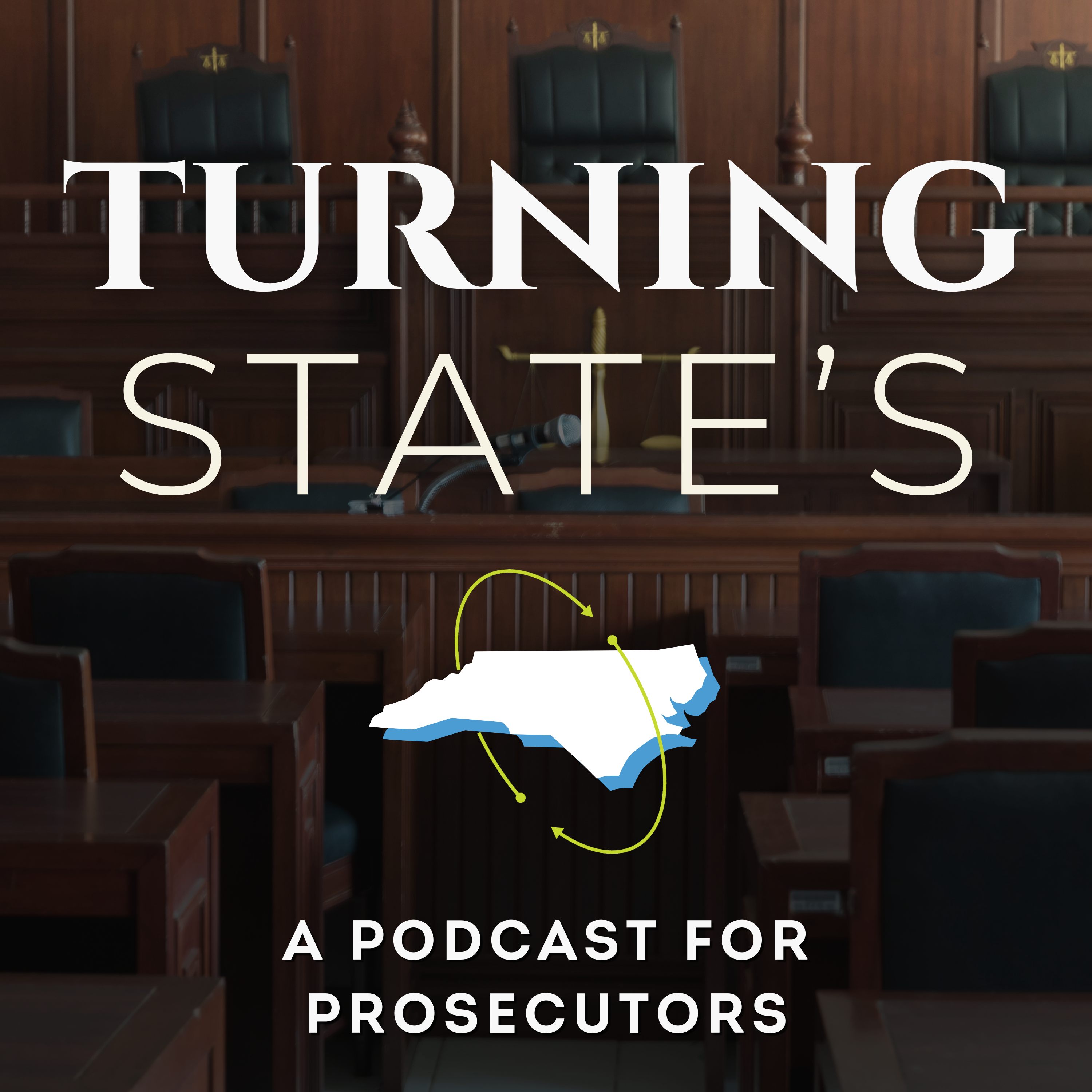I am happy to share a new resource with you: Delinquency Law: Original Juvenile Jurisdiction and Juvenile Jurisdiction over Parents, Guardians, and Custodians. This new Juvenile Law Bulletin (1) describes the current law of original juvenile jurisdiction; (2) provides a guide to the law of original juvenile jurisdiction based on offense dates between 2019 and 2024; and (3) describes juvenile jurisdiction over...
NC Criminal Law
New Bulletin on Delinquency Jurisdiction over Juveniles and their Parents, Guardians, and Custodians
on Tuesday, February 24th, 2026
#NCPROTIP
Displaying 1 - 5 of 60
A prosecution in superior court must be by indictment, although a noncapital defendant may waive the right to an indictment and be tried on an information. See G.S. 15A-642; -943.
The core purpose of the Rules of Evidence is to achieve fairness, efficiency, and justice by ensuring that only relevant and reliable evidence is considered by the finder of fact. G.S. 8C-102(a).
Improper venue is waivable, while improper jurisdiction ordinarily is not.
If the defendant (or any defendant in a multi-defendant case) puts on evidence, then state has the right to the first and last closing argument.
The state must give notice to the defendant of any expert witnesses that the state reasonably expects to call as a witness at trial.
- 1 of 12
- Next ›
